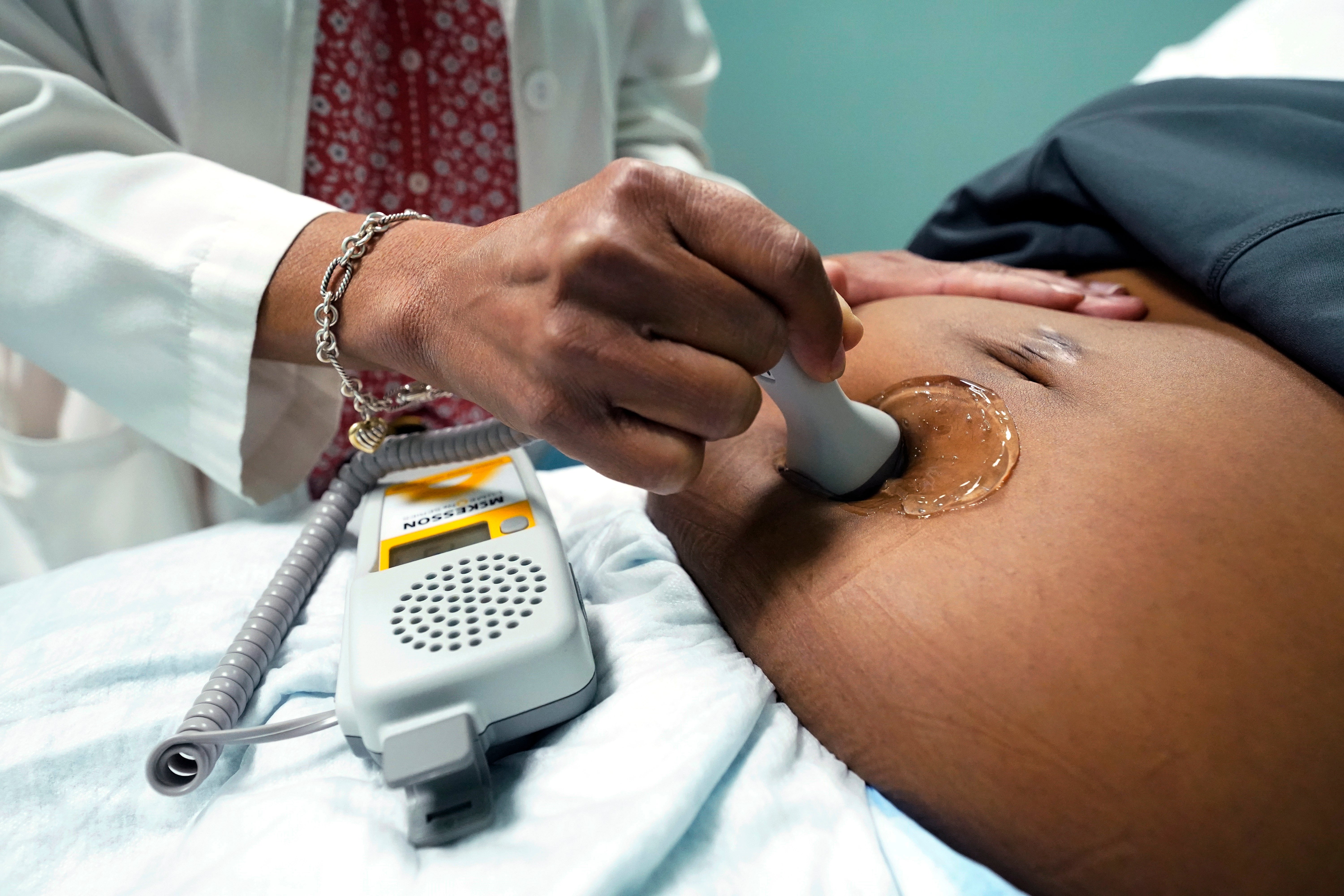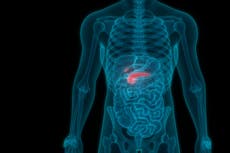Babies born to parents with diabetes at greater risk of autism, study finds
Maternal diabetes is a state of chronic inflammation that can affect the placenta

Your support helps us to tell the story
From reproductive rights to climate change to Big Tech, The Independent is on the ground when the story is developing. Whether it's investigating the financials of Elon Musk's pro-Trump PAC or producing our latest documentary, 'The A Word', which shines a light on the American women fighting for reproductive rights, we know how important it is to parse out the facts from the messaging.
At such a critical moment in US history, we need reporters on the ground. Your donation allows us to keep sending journalists to speak to both sides of the story.
The Independent is trusted by Americans across the entire political spectrum. And unlike many other quality news outlets, we choose not to lock Americans out of our reporting and analysis with paywalls. We believe quality journalism should be available to everyone, paid for by those who can afford it.
Your support makes all the difference.Babies born to parents with diabetes are at greater risk of autism and behavioural problems, according to new research.
The infants are also prone to other neurological conditions including developmental delay, intellectual disability, cerebral palsy and epilepsy, the study by Taiwan’s National Cheng Kung University Hospital found.
The findings are based on hundreds of thousands of children whose mothers had type 1, type 2 or gestational diabetes during pregnancy.
Maternal diabetes is a state of chronic inflammation that can affect the placenta, a disc of tissue that supplies nutrients and oxygen to the foetus.
Corresponding author Professor Pao-Lin Kuo explained: “These pathologies can cause neurodevelopmental defects.”
They also change genes in the cord blood of newborns which contain stem cells - the body’s key building blocks.
Professor Kuo said: “Taken together, the risk of childhood neuro-developmental disorders increases with advancing severity of maternal diabetes mellitus.”
His team tracked 877,233 children born in Taiwan between 2004 and 2008 for up to 12 years.
Rates of gestational diabetes, which comes on in pregnancy, are soaring. Women with a BMI (body mass index) of 30 or more are particularly vulnerable.
It was associated with an increased risk of autism spectrum disorder, ADHD (attention deficit hyperactivity disorder) and developmental delay.
Type 2 diabetes is caused by eating too much junk food and lack of exercise. It was also linked to intellectual disability, cerebral palsy and epilepsy.
Genes or environmental factors are believed to be behind Type 1 diabetes. It raised cases of developmental delay, intellectual disability and epilepsy.
Professor Kuo said: “Considering the high disease burden of diabetes and some neuro-developmental disorders globally, reducing them in children born to mothers complicated with diabetes is an unmet need.
“Although different neuro-developmental disorders may share the same underlying causes, including genetic and environmental factors, distinctive mechanisms may contribute to distinctive brain conditions.”
Previous research has found diabetes pregnancy raises the risk of children developing heart disease.
A baby’s development is complex and any change to a mother’s body can have consequences for her baby.
The relationship goes the other direction, too: hormonal shifts that occur in pregnancy can cause a woman’s insulin sensitivity to change and for gestational diabetes to develop.
Diabetes of any kind is typically accompanied by an inflammatory immune system response.
Inflammation has been observed in the brains of children with autism as well, suggesting that this may be one of the links between the two conditions.
Professor Kuo added: “More mechanistic studies are needed to explore how maternal conditions may shape the brain development in the womb.”
The study is published in Developmental Medicine & Child Neurology.



Join our commenting forum
Join thought-provoking conversations, follow other Independent readers and see their replies
0Comments